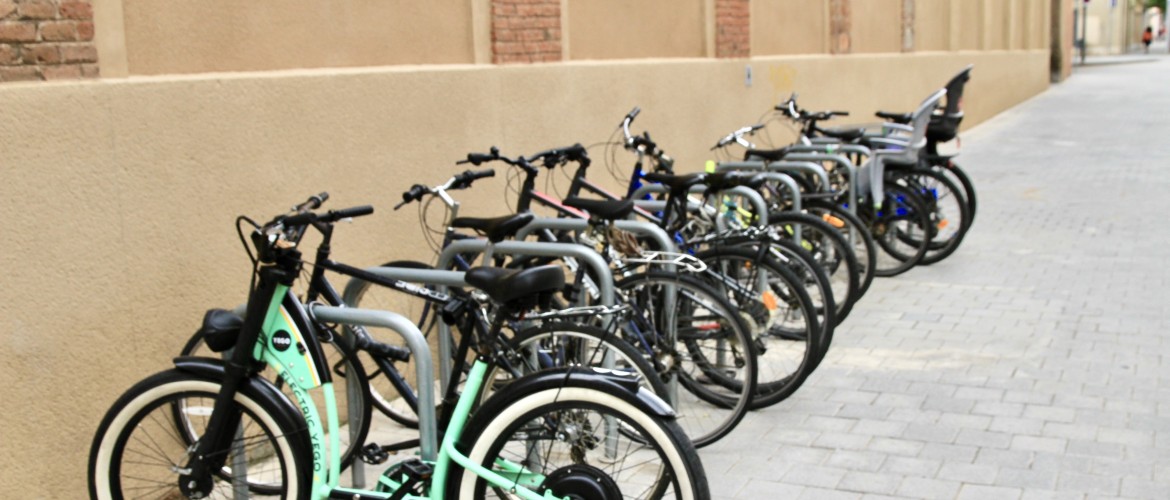|
Funded by the European Climate Initiative (EUKI), the Cyclurban Project promotes cycling as an important element of urban climate change mitigation policy. Its implementation is supported by the Deutsche Gesellschaft für Internationale Zusammenarbeit (GIZ) GmbH. It is the overarching goal of the EUKI to foster climate cooperation within the European Union (EU) in order to mitigate greenhouse gas emissions. 15 organizations from Germany, Croatia, Estonia, Greece, Latvia, Poland and Slovakia, worked together in the Cyclurban project to promote cycling as an important means of urban transport. The project partners, NGOs, scientific organizations and municipalities, contributed with their specific expertise on climate change, sustainable urban development and urban transport. The project’s activities targeted municipal, regional and national administrations in the 6 partner countries. Specifically, the project addressed mobility and urban planning departments of the project cities (Warsaw, Tartu, Velika Gorica, Bratislava, Riga and Drama), along with other regional or national institutions and stakeholders that shape the debates and the policies which influence future urban mobility. Thorough analyses of the current state of cycling and the opportunities and challenges it holds were conducted during numerous workshops and stakeholder meetings organized within the project. In these meetings, project partners, spatial and transport planners, architects, cycling activists, municipal experts and other stakeholders were brought together to exchange knowledge on cycling and sustainable transport and discuss strategies and good practice examples that support a climate-friendly mobility change. The insights gained from the Cyclurban project were forwarded to decision-makers as a set of tailored National Policy Recommendations (NPRs). These recommendations were collaboratively developed with experts and stakeholders in national workshops and represent relatively low-cost and low-barrier ways to support cycling in the respective countries. The recommendations include measures within the fields of infrastructure, policy and planning, as well as education, services and promotion. They can be used as a blueprint by policymakers and help them to implement a more climate-friendly transport policy and positively shape cycling policies in the upcoming years. All NPRs were acknowledged by national authorities in the 6 partner countries. |



